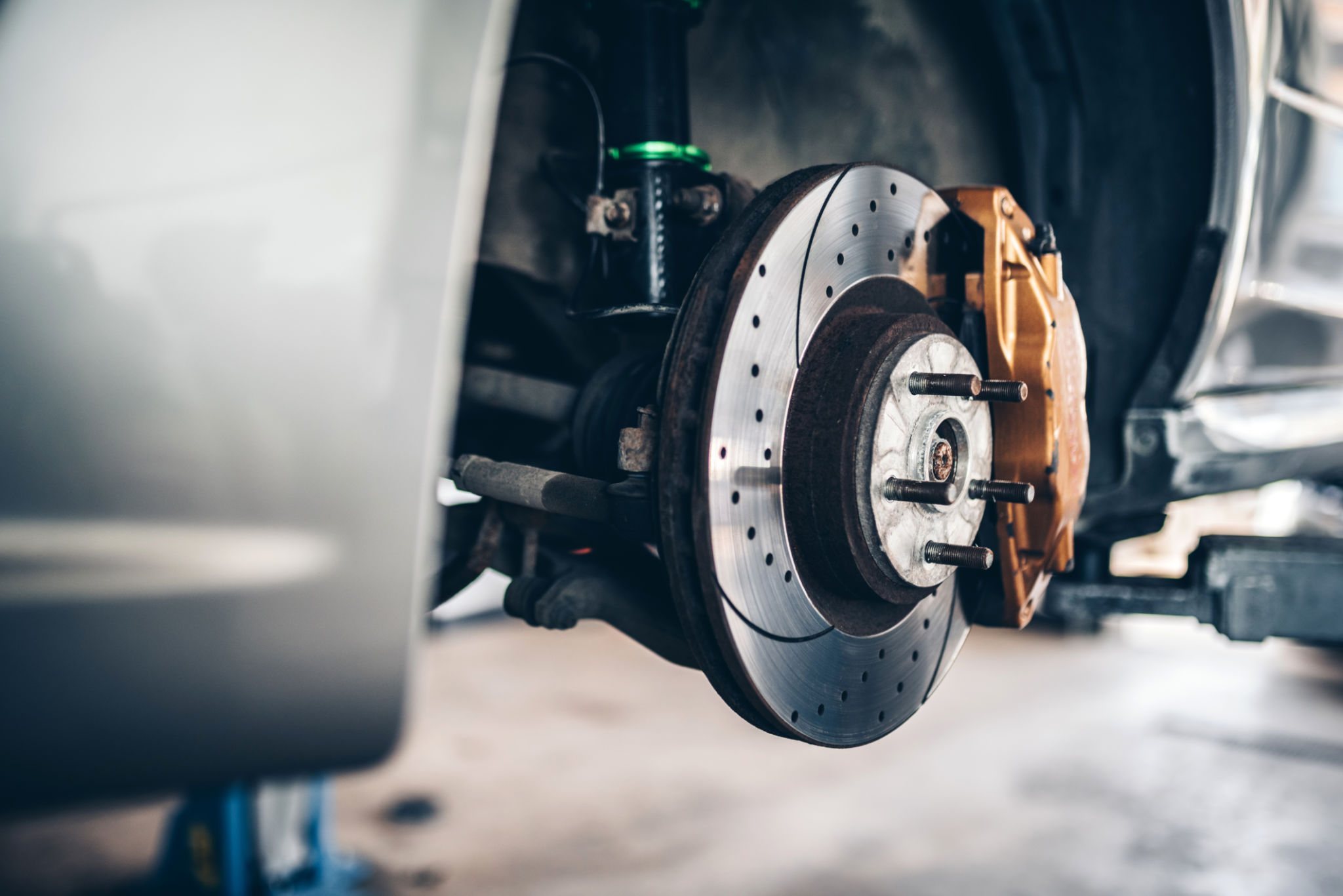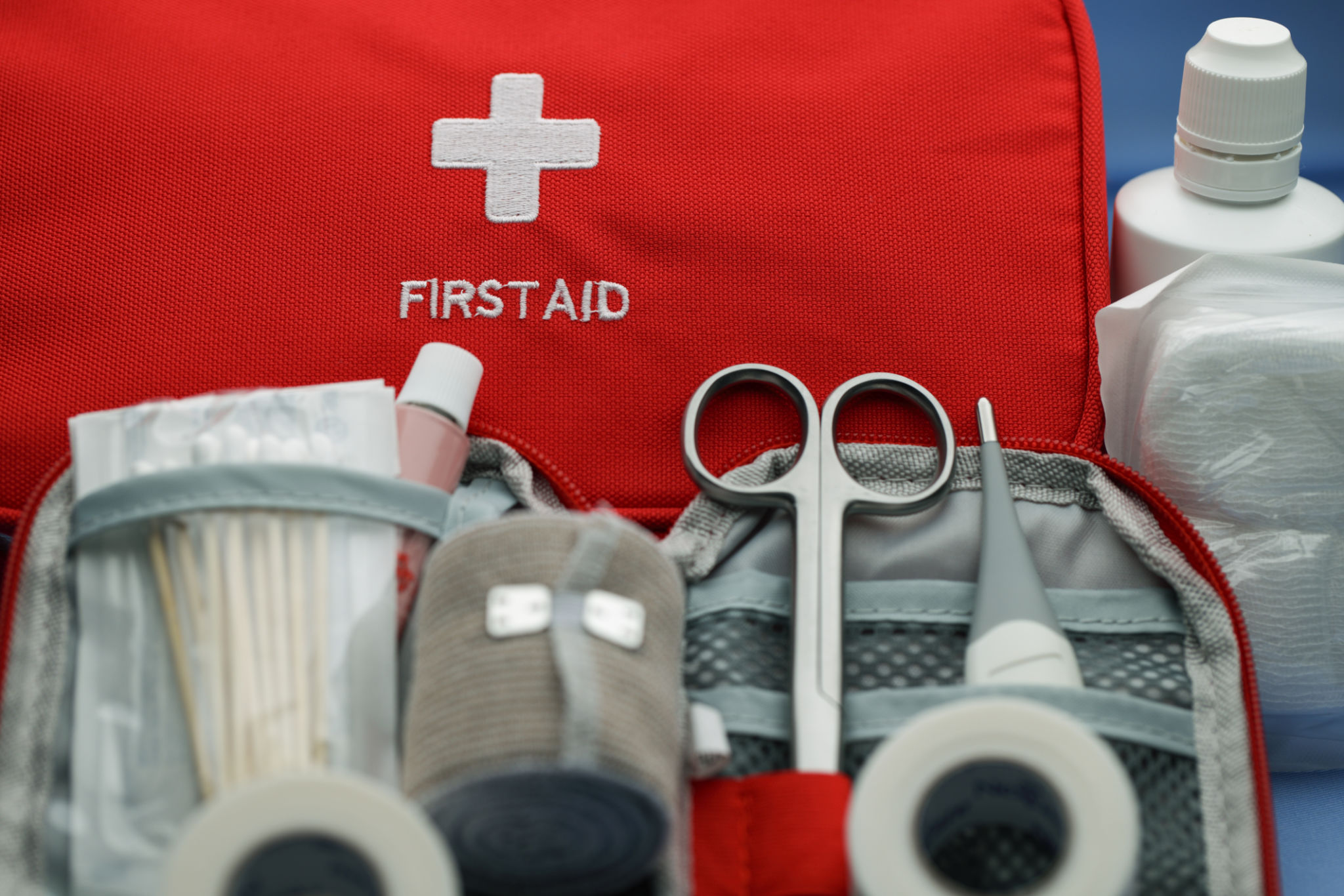Prepping Your Car for Winter: Essential Tips for Safe Driving
Check Your Tires
As temperatures drop, it's crucial to ensure your tires are ready to handle icy and snowy roads. Begin by checking the tire tread depth. Good tread depth provides better grip and stability, which is essential for safe winter driving. If your area experiences heavy snowfall, consider switching to winter tires, which are specifically designed for cold weather conditions.
Additionally, make sure your tires are properly inflated. Cold weather can cause tire pressure to drop, so regularly check and adjust it according to your vehicle's specifications. Proper tire pressure not only improves fuel efficiency but also enhances safety on slippery roads.

Inspect Your Battery
Cold temperatures can significantly affect your car battery's performance. Before winter hits, have a professional check your battery's charge and overall health. If your battery is more than three years old, consider replacing it to avoid unexpected breakdowns.
It's also wise to clean any corrosion from the battery terminals and ensure all connections are secure. A well-maintained battery ensures your car will start reliably, even on the coldest mornings.

Top Off Fluids
Winter weather can be harsh on your vehicle's fluids, so it's important to top them off before the season begins. Start with your windshield washer fluid, ensuring it's filled with a winter-specific solution that won't freeze. Clear visibility is crucial for safe driving in snowy conditions.
Next, check your engine oil. Cold weather can thicken oil, making it harder for your engine to start. Consider using a winter-grade oil that flows better in low temperatures. Don't forget to check your antifreeze levels as well, as this helps prevent the engine from freezing.

Examine Your Brakes
Your brakes are one of the most important safety features of your vehicle, especially in winter. Have a professional inspect your brake pads and rotors for wear and replace them if necessary. In snowy or icy conditions, having responsive brakes can make all the difference.
Also, check your brake fluid levels and top them off if needed. Ensuring your brakes are in top condition will give you peace of mind when driving on treacherous roads.

Prepare an Emergency Kit
No matter how well you prepare your car for winter, unexpected situations can still arise. That's why having an emergency kit in your vehicle is essential. Include items such as a flashlight, blankets, extra clothing, non-perishable food, and water.
You should also have basic tools, jumper cables, a first-aid kit, and a snow shovel. These items can be a lifesaver if you find yourself stranded or in need of assistance during a winter storm.

Test Your Lights
Visibility can be significantly reduced during winter due to shorter daylight hours and adverse weather conditions like snow or fog. Ensure all your car's lights are functioning properly, including headlights, taillights, brake lights, and turn signals.
Consider upgrading to brighter bulbs or adding fog lights if you frequently drive in low-visibility conditions. Properly working lights help you see the road clearly and ensure other drivers can see you as well.

